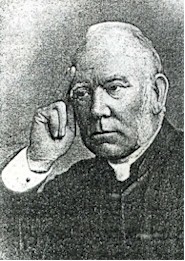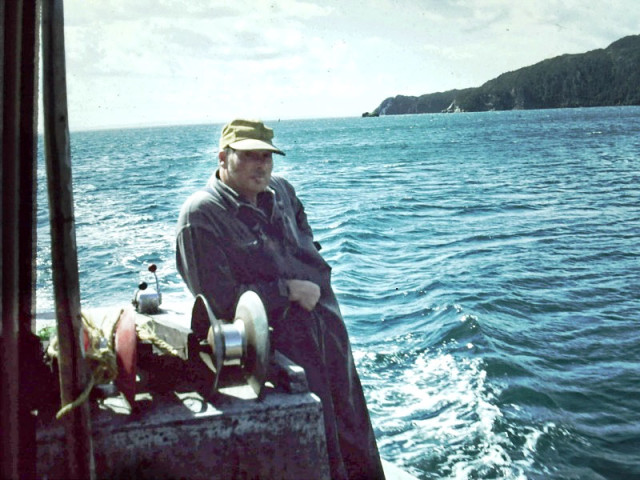Father, let me dedicate
This new year to Thee,
In whatever worldly state
Thou wilt have me be;
Not from sorrow, pain, or care
Would I ask that Thou shouldst spare;
This alone shall be my prayer:
Glorify Thy name.
Thy great name! Thy great name!
Let my life, O Lord, each day
Glorify Thy name.
If in mercy Thou wilt spare
Joys that yet are mine,
If on life serene and fair
Brighter rays may shine,
Let my glad heart, while it sings,
Rise by faith’s exultant wings,
And, whate’er the future brings,
Glorify Thy name.
If Thou callest to the cross,
And its shadow come
Turning all my gain to loss,
Shrouding heart and home,
Let me think how Thy dear Son
His eternal glory won,
And in steadfast faith pray on:
Glorify Thy name.
 Lawrence Tuttiett was born in Devon, England, in 1825. He was the son of John Tuttiett, a surgeon in the Royal Navy. Lawrence was educated at Christ’s Hospital and King’s College, London. He was ordained as a minister in 1848 and became a curate on the Isle of Wight. In 1854 he was made vicar of Lea Marston, Warwickshire. Later he was incumbent of the Episcopal Church at St. Andrews, Fife. His publications included Hymns for Churchmen, Hymns for the Children of the Church, and a book with the intriguing title of Germs of Thought on the Sunday Services .
Lawrence Tuttiett was born in Devon, England, in 1825. He was the son of John Tuttiett, a surgeon in the Royal Navy. Lawrence was educated at Christ’s Hospital and King’s College, London. He was ordained as a minister in 1848 and became a curate on the Isle of Wight. In 1854 he was made vicar of Lea Marston, Warwickshire. Later he was incumbent of the Episcopal Church at St. Andrews, Fife. His publications included Hymns for Churchmen, Hymns for the Children of the Church, and a book with the intriguing title of Germs of Thought on the Sunday Services .
When set to the tune of Love at Home in the Salvation Army Song Book, some alterations were made, and the chorus was added. Let’s all make the prayer of this song our own as we begin another new year. It may be nearly two hundred years later, yet the concepts are still relevant.
as we begin another new year... Share on X




